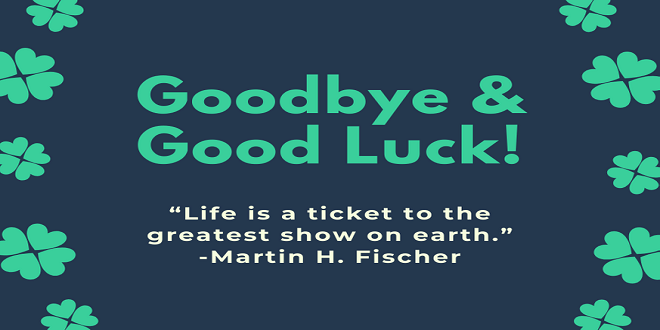
In the early days, I was so doggedly loyal that I terminated people only for serious underperform mince or egregious offenses. It was a major shift to realize that welfare management—failing to hold people accountable and allowing the wrong people to stay in key positions—hurts everyone. It took years to learn to be both compassionate and tough. Once I balanced my personal resolutions with my professional duty, the termination process took on a life of its own. In fact, it often culminated with an underachieving employee offering to terminate himself, and there was almost always a sense of relief.
Take one of my former top execs. A nice guy, he had been with us for years but repeatedly failed to provide accurate, timely reporting on critical issues. After one too many broken promises, I called him into my office. I asked how important he thought it was to consistently produce these reports. He agreed it was essential. He also acknowledged that we had established mutually defined objectives and that he had consistently fallen short of the mark. I then asked, “What do you think should happen here?” Crestfallen but with honor intact, he replied, “I think I should probably leave.”
I hesitated for a moment, to acknowledge how difficult this was for him. “Yes,” I said, “I think you’re right. Congratulations for that awareness. I really appreciate everything you’ve done for this company, and we’ll do everything we can to make this a smooth transition.” Visibly relieved, he left to type his resignation letter. We supported him until he found another job.
Deciding whether to free up someone’s future demands a detached viewpoint. Detachment does not imply callousness. It simply means caring deeply but from an objective place. Ask yourself, does this person have what it takes to get the job done? Hopefully, you’re now better equipped to answer that question.
Aspire to Type E (Enlightened) leadership
People make decisions emotionally and justify them intellectually. People will run through walls for you once you’ve forged bonds. Type E leaders achieve sustainable results through the firm, but caring leadership.
Manage things, coach people
See each person as a unique human being capable of greatness. Become a steady stream of constructive feedback. Ask insightful questions and nudge people to craft their own solutions. Coaching is the best way to maximize the potential of everyone in your organization.
Care about your people
Yes, business leaders need to master “hard” skills like strategic planning and meeting management. But don’t forget that kindness and empathy are bedrock values of enlightened leadership. Caring for the well-being of your employees has a big impact on profits.
Concrete challenging (not impossible) goals
Goal setting is part art and part science. On one hand, it’s hard to squeeze motivation out of an easy goal. On the other, a goal that’s out of reach can demotivate. Avoid either extreme by involving people in the process.
Exploit performance reviews
Transform this annual rite into a real-world educational tool. Toss the generic forms in favor of an interactive process that reinforces success, corrects stumbles, and advances career and personal goals.
Match incentives to outcomes
Examine your reward system when you find yourself wondering why you have listless employees. Ask yourself, what behaviors are we really encouraging? You may be unwittingly rewarding the wrong kind of conduct.
Last word
The drawbacks to loyalty reveal themselves when you hold on to underperformers who’re pulling everyone else down. Be compassionate and tough, ask good questions, and people will often terminate themselves. Unless fired for cause, support departing employees and help them in their transition.
The game provides a platform for social interaction and strategic thinking, making it a favorite among gaming enthusiasts. Higgs Domino RP has a large community of players who engage in friendly competition and collaboration. Whether you are a casual gamer or a serious player, Higgs Domino RP offers something for everyone.





